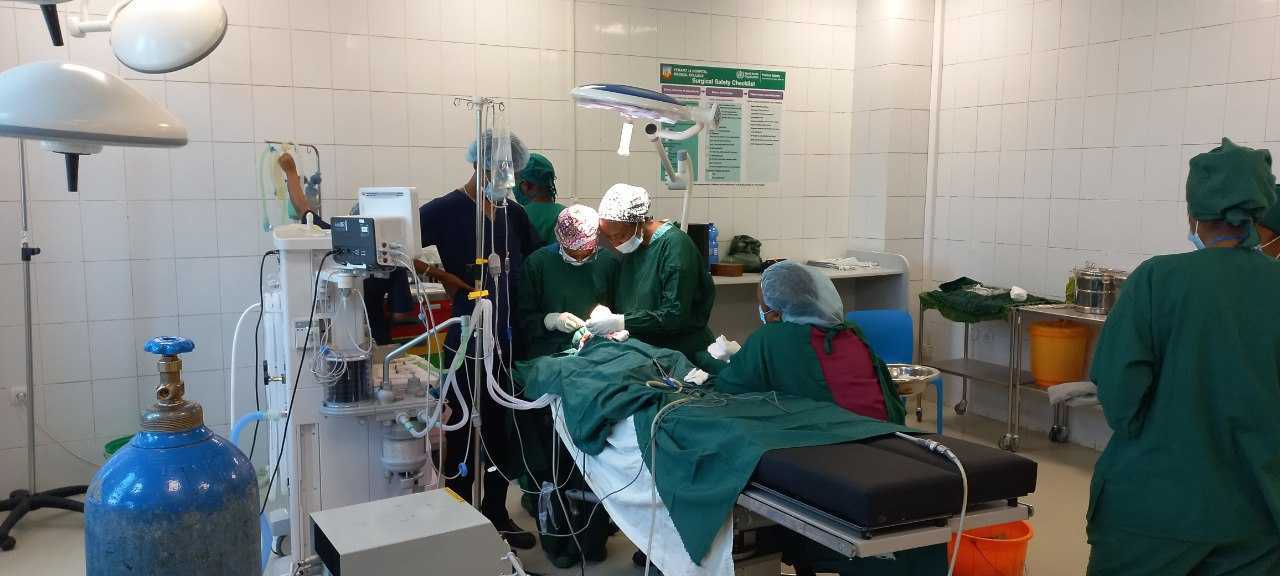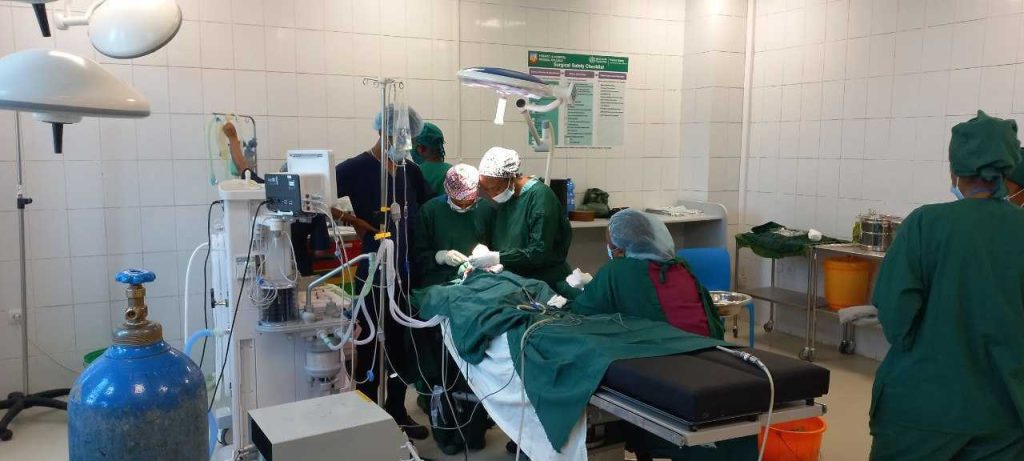Surgical site infections are the leading hospital acquired infection in low- and middle-income countries – where rates of infection are more than double that of the United States1. Children with cleft face greater risks from surgery than other patients.
Clean Cut for Cleft, which is part of the Smile Train-Lifebox Safe Surgery and Anesthesia Initiative, focuses on achieving safer surgery for children with cleft lip and palate. The program aims to reduce surgical site infections as well as the main complications faced by cleft patients undergoing surgery, such as airway compromise or delayed bleeding. The program is launching at the Smile Train partner hospitals of Yekatit 12 and the African Leprosy Research (ALERT) Hospital in Ethiopia’s capital, Addis Ababa.



